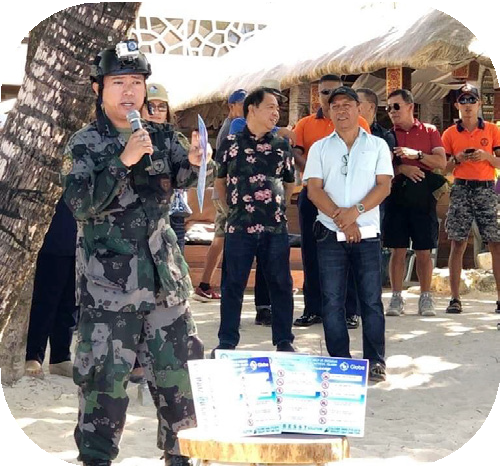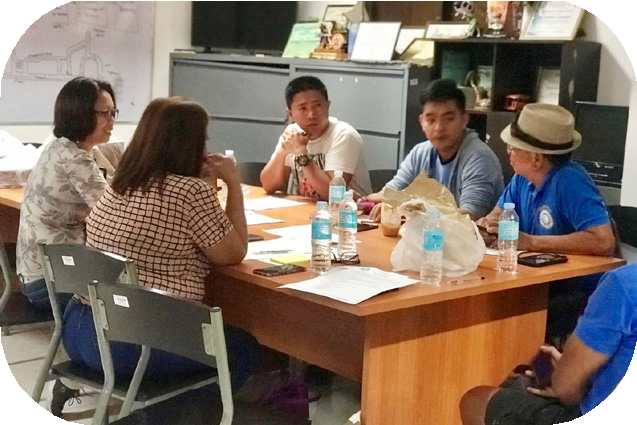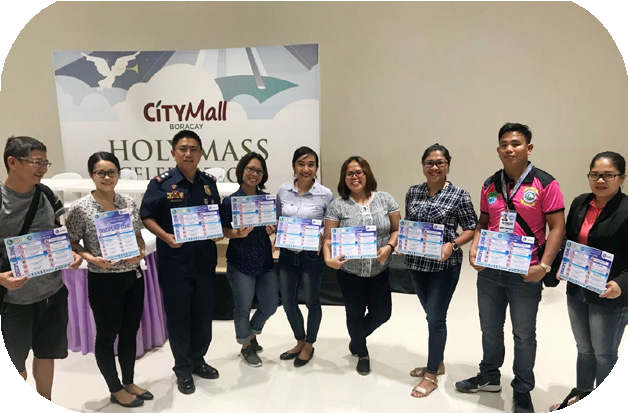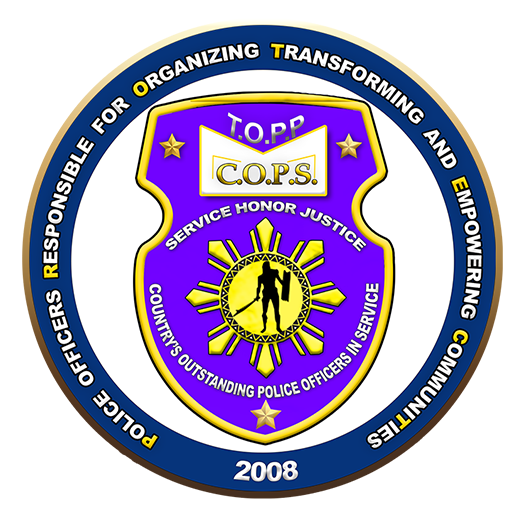BY: PLTCOL Ryan L Manongdo
On February 9, 2018, President Rodrigo Duterte made an unprecedented announcement: the temporary closure of Boracay Island for six months to tackle its mounting environmental problems. Once celebrated as a tropical paradise, the island had become overrun with unchecked tourism, waste management issues, and violations of environmental laws, threatening its ecological balance and international reputation.
On February 9, 2018, President Rodrigo Duterte announced the temporary six-month closure of Boracay Island to address its dire environmental problems. Once a world-renowned paradise, the island was plagued by unchecked tourism, waste mismanagement, and environmental law violations. The closure, starting April 26, 2018, marked the beginning of an ambitious rehabilitation effort. By its reopening on October 26, 2018, Boracay had transformed into the “New Boracay,” with improved sustainability and infrastructure.
Despite this progress, enforcing environmental laws along the iconic front beach remained a challenge. Agencies such as the Malay Auxiliary Police (MAP), the Tourism Regulatory Enforcement Unit (TREU), and the Boracay Tourist Assistance Center (BTAC) struggled with mistrust, unclear processes, overlapping duties, and staff shortages.
Due to these issues, PLTCOL Ryan L Manongdo, as Metro Boracay Police Task Force Commander, introduced the “Boracay Enhanced Security Strategy and Tactics” (BESST) that unified enforcement agencies; promoting collaboration and accountability. Formalized through Malay Executive Order No. 06, Series of 2019, BESST divided the front beach into sectors, each patrolled by joint teams from multiple units. Real-time documentation and data-sharing via mobile devices ensured transparency and streamlined enforcement.



The strategy faced its first major test in the “Battle of the Front Beach,” where 530 violations were recorded within three weeks, generating ₱662,500 in fines. Unified enforcement curbed offenses like littering, illegal vending, and unlicensed businesses, fostering discipline and reshaping Boracay as a “Discipline Zone.”
Hence, exemplifying sustainable tourism management and demonstrating balance between environmental protection and economic growth. Manongdo’s leadership showcased how unity, transparency, and strategic planning can address complex challenges, leaving a lasting legacy in Boracay’s rehabilitation journey.
